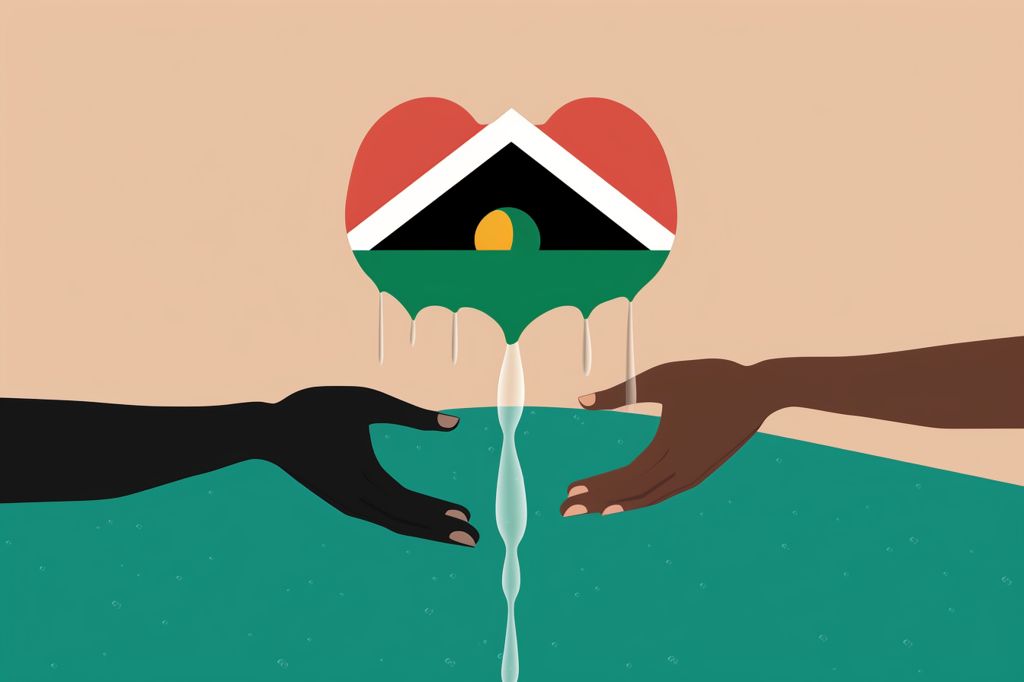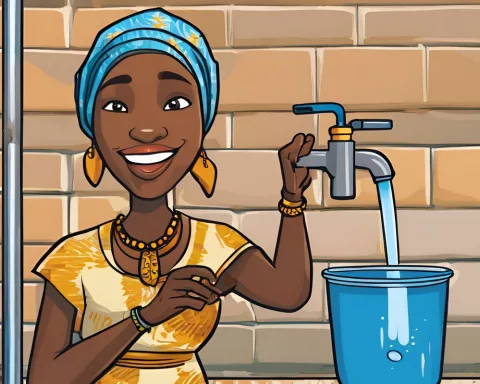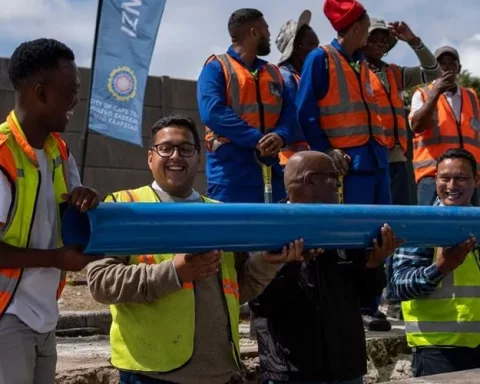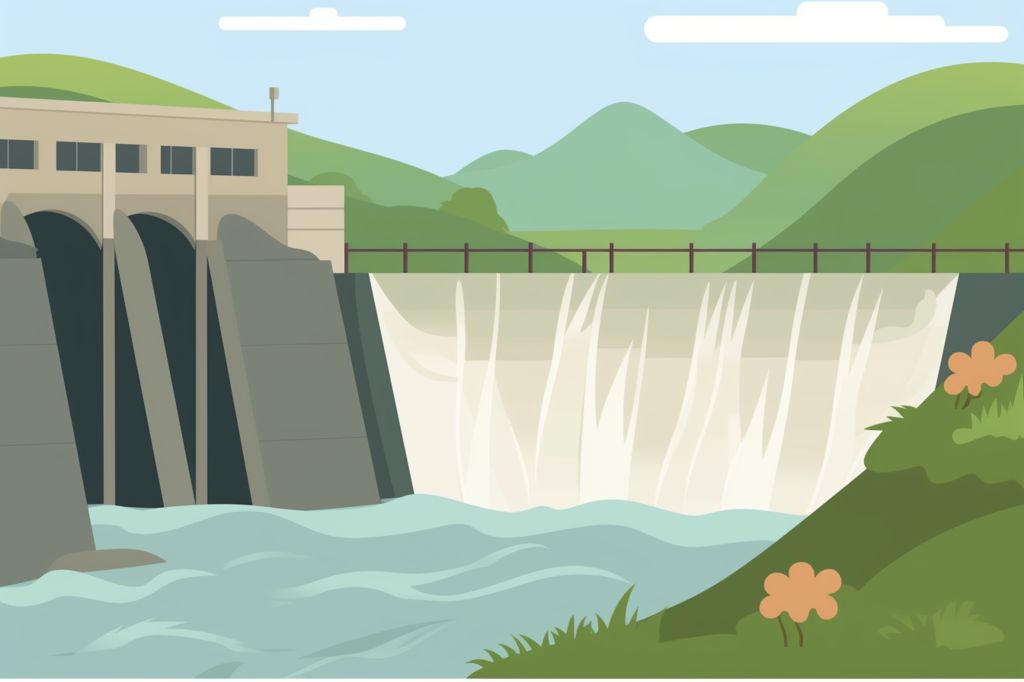The Department of Water and Sanitation (DWS) of South Africa has recently revised the regulations for water use license applications to ensure equitable allocation of water resources and streamline the licensing process. The revised regulations were published on May 19, 2023, in response to President Cyril Ramaphosa’s call to reduce the processing time from 300 days to only 90 days.
Water Scarcity in South Africa
South Africa is among the 30 driest countries globally, making water scarcity a critical issue. With the majority of catchments being in deficit, 98% of the country’s water resources had already been allocated by 2004. However, there is a significant disparity in water allocation between Historically Advantaged Individuals (HAI) and Historically Disadvantaged Individuals (HDI). To bridge this gap, the DWS seeks to make meaningful changes.
National Water Act (NWA) of 1998
The National Water Act (NWA) of 1998 acknowledges water as a shared natural resource that should be allocated equitably among all users. The Minister of Water and Sanitation, acting as the public trustee, is responsible for ensuring that the water is used sustainably, beneficially, and in the public’s interest, while upholding environmental values.
Thresholds of Abstraction Volumes
The revised regulations propose thresholds of abstraction volumes of water, based on the level of black ownership in applications submitted for new water use allocations. This measure aims to transform water use allocations and redress the disparities carried over from the Apartheid era. The DWS encourages stakeholders to provide constructive proposals on this vital mandate.
Amendments to Water Use Licensing Fees
The draft regulations propose amendments to water use licensing fees that reflect the complexities associated with the administrative processing of such licenses, the resources required, and the accelerated approach in keeping with the reduced processing period.
Minimum Information Requirements for Unconventional Gas License Applications
The revised regulations also introduce minimum information requirements for unconventional gas license applications, anticipating that South Africa will explore alternative energy sources. The minimum information requirements will enable applicants to be well-versed before submitting their applications.
Public Comments and Collaborative Effort
The public has been invited to submit written comments on the proposed regulations within 60 days. This collaborative effort aims to create a more equitable and efficient water licensing process that benefits all South Africans and ensures the sustainable usage of the country’s water resources. With these amendments in place, the nation takes a significant step towards addressing long-standing disparities and ensuring fair access to one of its most precious resources.












